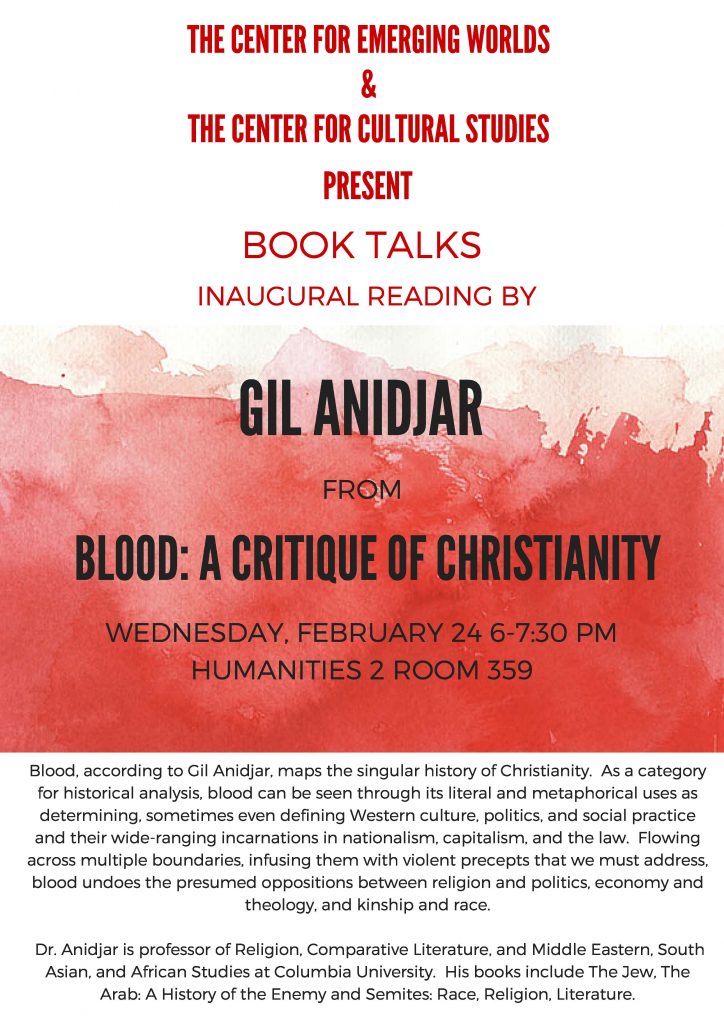The current assault on transgender people in the United States seems relatively new, but in fact governments have been regulating the lives of transgender people for decades—from contradictory rules for sex classification to bans on Medicaid coverage to rules about gender-appropriate comportment. In this talk, Currah situates these legislative attacks within a longer history of (trans)gender governance.
Paisley Currah is a Professor of Political Science and Women’s Gender Studies at Brooklyn College and the Graduate Center of the City University of New York. He is the co-founder of the leading journal in transgender studies, TSQ: Transgender Studies Quarterly. Currah’s book, Sex Is as Sex Does: Governing Transgender Identity, published last year by New York University Press, reveals the hidden logics that have governed sex classification policies in the United States in the past and shows what the regulation of transgender identity can tell us about society’s approach to sex and gender writ large.
Date | Time
April 14, 2023 | 12 – 2 PM [PST]
Free and open to the public
Venue | Location
Humanities Building 1, Room 210
University of California, Santa Cruz
Please note: this is a hybrid event. To receive a link, please RSVP by 11 AM on the day of the talk, and you will receive the Zoom link and password at 11:30 AM.

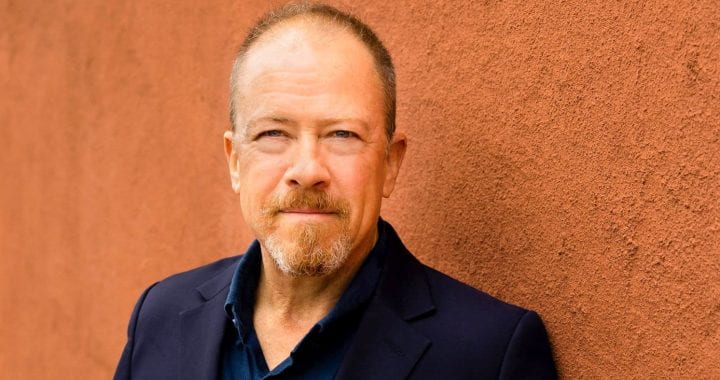
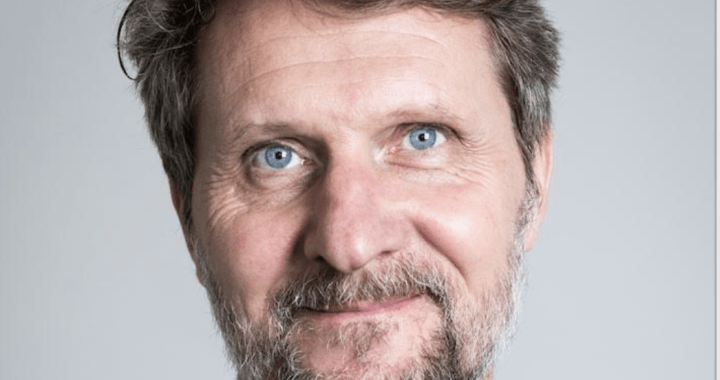
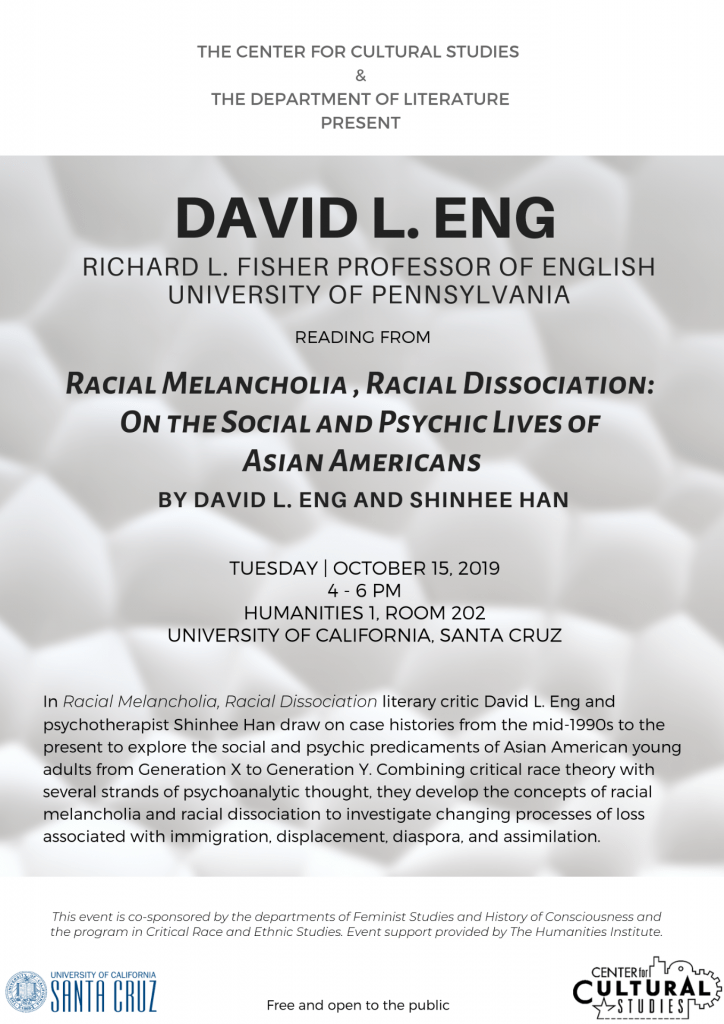
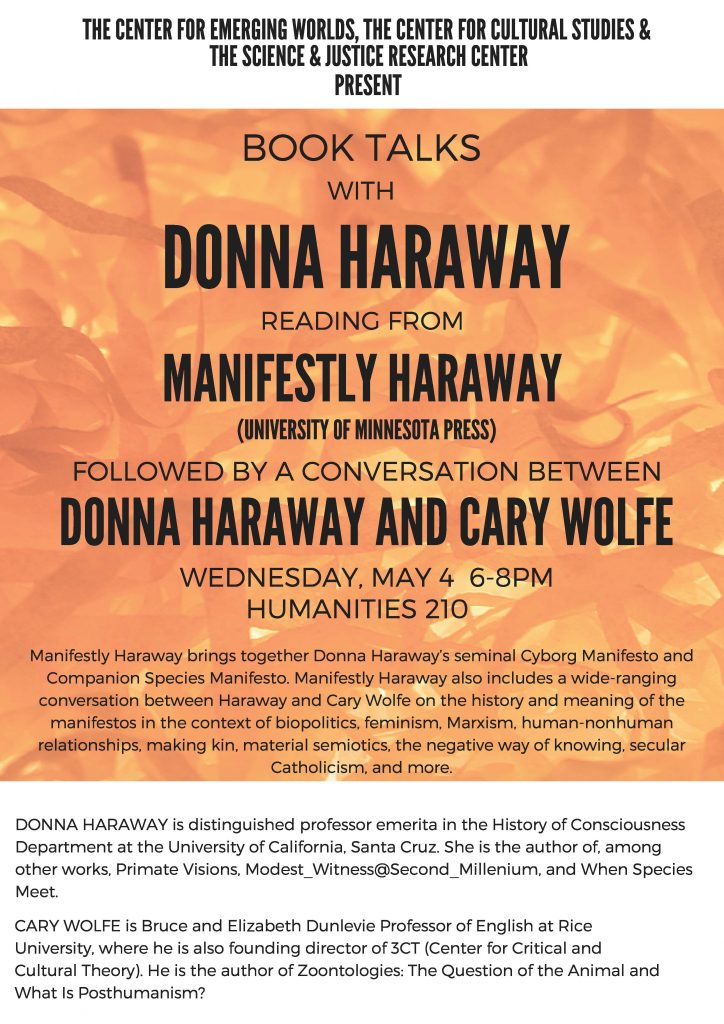
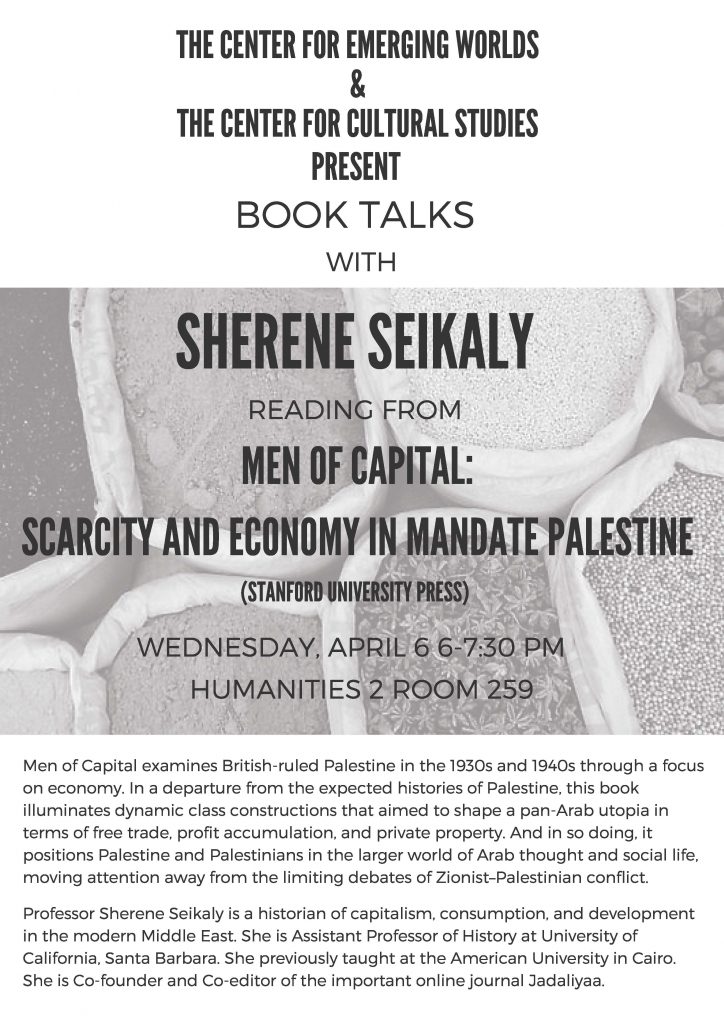
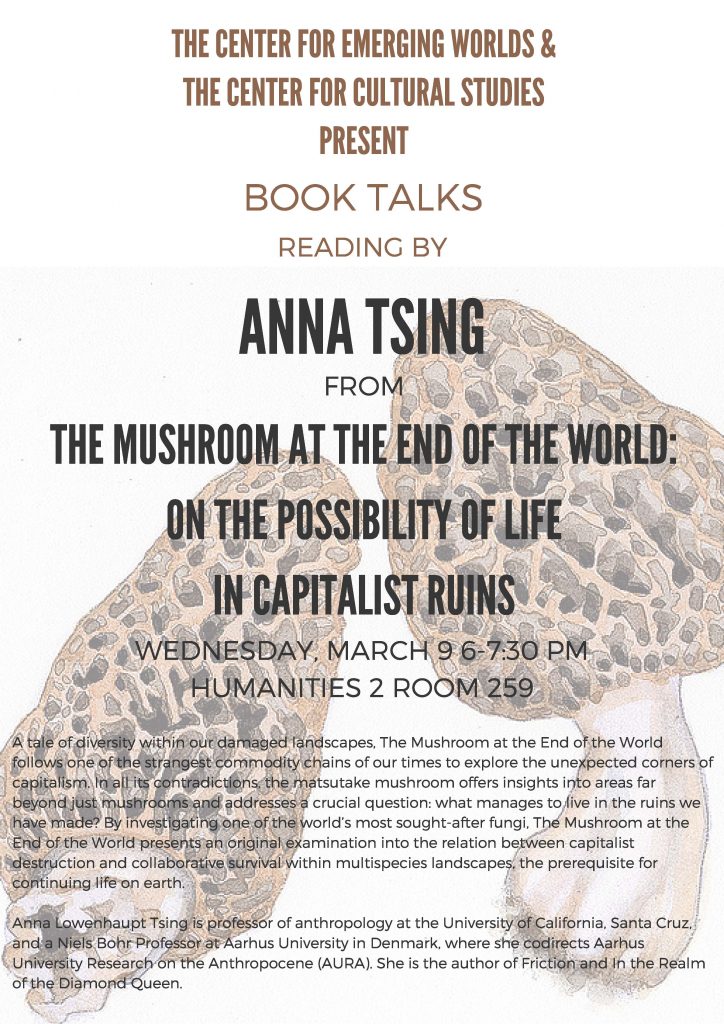 A tale of diversity within our damaged landscapes, The Mushroom at the end of the World follows one of the strangest commodity chains of our times to explore the unexpected corners of capitalism. In all its contradictions, the matsutake mushroom offers insights into areas far beyond just mushrooms and addresses a crucial question: what manages to live in the ruins we have made? By investigating one of the world’s most sought-after fungi, The Mushroom at the End of the World presents an original examination in to the relation between capitalist destruction and collaborative survival within multispecies landscapes, the prerequisite for continuing life on earth.
A tale of diversity within our damaged landscapes, The Mushroom at the end of the World follows one of the strangest commodity chains of our times to explore the unexpected corners of capitalism. In all its contradictions, the matsutake mushroom offers insights into areas far beyond just mushrooms and addresses a crucial question: what manages to live in the ruins we have made? By investigating one of the world’s most sought-after fungi, The Mushroom at the End of the World presents an original examination in to the relation between capitalist destruction and collaborative survival within multispecies landscapes, the prerequisite for continuing life on earth.